Introduction
Best our in-depth article about CRM software. In today’s digital age, businesses are constantly on the lookout for ways to streamline their processes and increase efficiency. One way to achieve this is through the use of a CRM software, which can help companies manage their customer relations more effectively. In this article, we will dive deep into the world of CRM software, exploring its benefits, features, and common use cases.
Before we begin, let’s define what a CRM software actually is. CRM stands for Customer Relationship Management, which refers to the strategies and technologies that businesses use to manage their interactions with customers and prospects. Simply put, a CRM software is a digital tool that helps companies centralize their customer data and manage their customer relationships more effectively.
Now that we have a basic understanding of what CRM software is, let’s explore its benefits in more detail.
The Benefits of CRM Software
1. Improved Customer Engagement
 Source: bing.com
Source: bing.comOne of the primary benefits of CRM software is improved customer engagement. By centralizing customer data and interactions, businesses can gain a more holistic view of their customers, which can help them create more personalized and effective marketing campaigns.
 Source: bing.com
Source: bing.comCRM software can also help businesses respond to customer inquiries more quickly and efficiently, which can improve overall customer satisfaction.
2. Streamlined Sales Processes
 Source: bing.com
Source: bing.comAnother key benefit of CRM software is streamlined sales processes. By automating certain sales tasks, businesses can free up their sales team to focus on higher-value activities, such as cultivating relationships with prospects and closing deals.
 Source: bing.com
Source: bing.comCRM software can also help businesses track their sales performance more effectively, which can lead to better forecasting and goal-setting.
3. Enhanced Data Management
 Source: bing.com
Source: bing.comA third benefit of CRM software is enhanced data management. By centralizing customer data, businesses can reduce the risk of data silos and improve data accuracy. This can lead to more informed decision-making and more effective collaboration across departments.
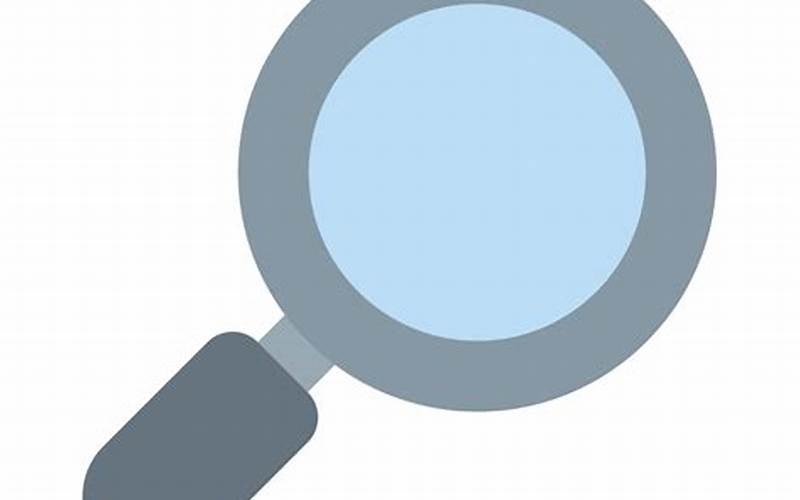 Source: bing.com
Source: bing.comMoreover, CRM software can help businesses gain insights into customer behavior and trends, which can inform product development and marketing strategy.
4. Increased Efficiency
 Source: bing.com
Source: bing.comFinally, CRM software can help businesses increase efficiency by automating routine tasks and improving collaboration across teams. This can help reduce the risk of errors and improve overall productivity.
What to Look for in CRM Software
When selecting a CRM software, it’s important to look for a tool that aligns with your business goals and processes. Here are some key factors to consider:
1. User-Friendliness
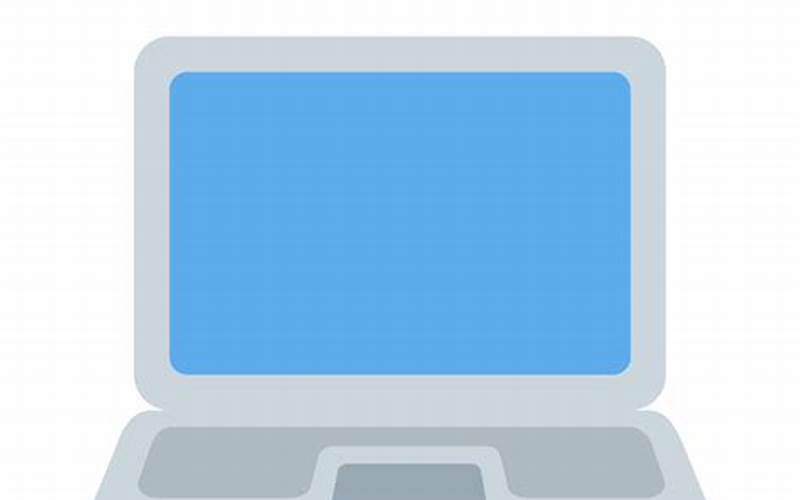 Source: bing.com
Source: bing.comA good CRM software should be easy to use and navigate, with a user-friendly interface that doesn’t require extensive technical knowledge.
2. Customizability
 Source: bing.com
Source: bing.comA good CRM software should be customizable to meet the unique needs of your business, including the ability to add custom fields and workflows.
3. Integration Capabilities
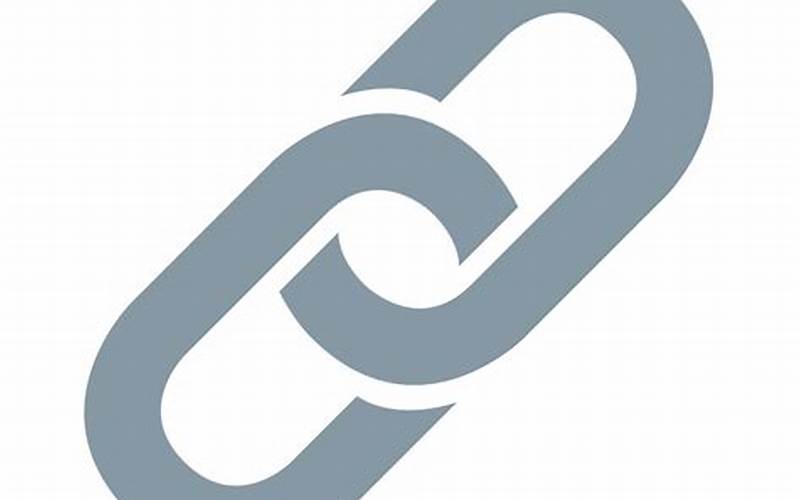 Source: bing.com
Source: bing.comA good CRM software should be able to integrate with other tools and platforms, such as your email marketing software and social media accounts.
4. Mobile Access
 Source: bing.com
Source: bing.comA good CRM software should have a mobile-friendly interface and offer mobile access to customer data and workflows.
5. Security Features
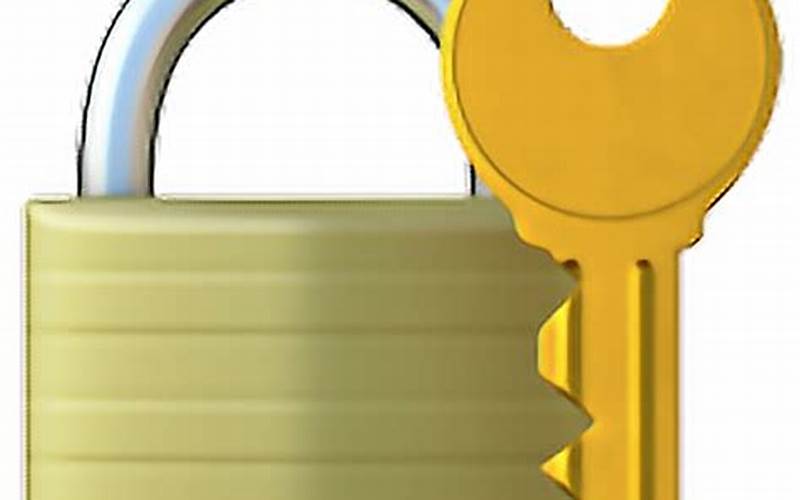 Source: bing.com
Source: bing.comA good CRM software should have robust security features to protect customer data and prevent breaches.
What are the Main Features of a CRM Software?
 Source: bing.com
Source: bing.comNow that we’ve explored the benefits of CRM software and what to look for in a tool, let’s dive into the main features of a CRM software:
| Feature |
Description |
| Contact Management |
A central database of customer and prospect information, including names, addresses, phone numbers, and email addresses. |
| Sales Pipeline Management |
A visual representation of the sales process, including lead generation, qualification, and close. |
| Marketing Automation |
The ability to create and manage email marketing campaigns, social media campaigns, and other digital marketing initiatives. |
| Customer Service and Support |
The ability to manage customer inquiries, complaints, and support tickets. |
| Analytics and Reporting |
The ability to track key metrics such as sales performance, customer engagement, and marketing ROI. |
| Workflow Automation |
The ability to automate certain tasks and workflows, such as follow-up emails and customer onboarding. |
| Collaboration and Team Management |
The ability to assign tasks, manage team calendars, and collaborate on customer interactions. |
FAQs
Q1. What industries can benefit from CRM software?
 Source: bing.com
Source: bing.comA1. Virtually any industry can benefit from CRM software, including retail, healthcare, finance, and hospitality.
Q2. Can CRM software integrate with other digital tools?
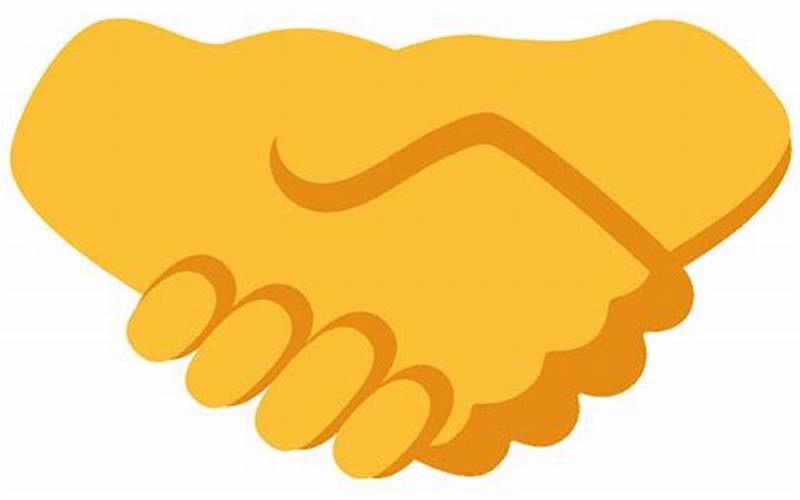 Source: bing.com
Source: bing.comA2. Yes, most CRM software can integrate with other digital tools such as email marketing software, social media accounts, and project management software.
Q3. Can CRM software help businesses comply with data privacy regulations?
 Source: bing.com
Source: bing.comA3. Yes, most CRM software has robust security features to help businesses comply with data privacy regulations such as GDPR and CCPA.
Q4. How does CRM software improve customer engagement?
 Source: bing.com
Source: bing.comA4. CRM software can help businesses gain a more holistic view of their customers, which can inform more personalized and effective marketing campaigns. It can also help businesses respond to customer inquiries more quickly and efficiently, which can improve overall customer satisfaction.
Q5. Can CRM software automate routine sales tasks?
 Source: bing.com
Source: bing.comA5. Yes, CRM software can automate routine sales tasks such as lead scoring, follow-up emails, and appointment scheduling.
Q6. What are some common use cases for CRM software?
 Source: bing.com
Source: bing.comA6. Common use cases for CRM software include sales management and forecasting, customer service and support, marketing automation, and customer data management.
Q7. Can CRM software improve collaboration across teams?
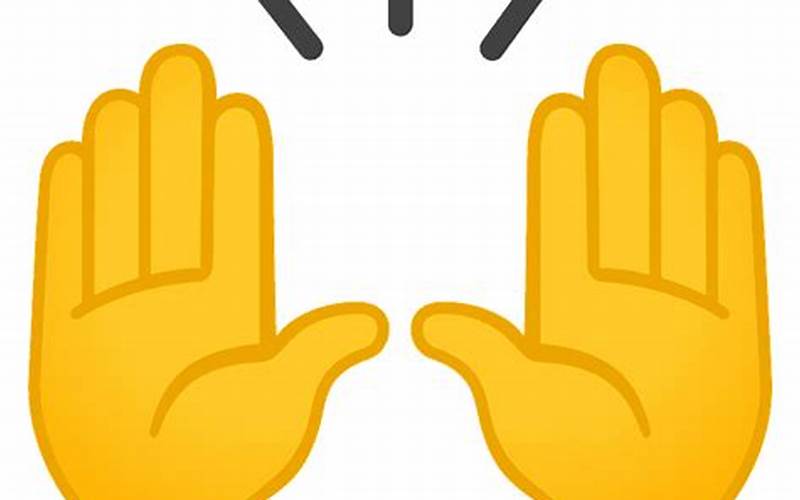 Source: bing.com
Source: bing.comA7. Yes, CRM software can help improve collaboration across teams by centralizing customer data and facilitating communication and task assignment.
Conclusion
 Source: bing.com
Source: bing.comCongratulations! You’ve made it to the end of our in-depth article about CRM software. We hope that you’ve gained a better understanding of what CRM software is, its benefits and features, and what to look for in a tool.
 Source: bing.com
Source: bing.comRemember, CRM software can help businesses improve customer engagement, streamline sales processes, enhance data management, and increase efficiency. By selecting the right tool for your business and implementing it effectively, you can take your customer relations to the next level.
Closing Disclaimer
The content of this article is for informational purposes only and does not constitute professional advice. We make no guarantee or warranty, express or implied, regarding the accuracy, reliability, or completeness of the information contained herein.
 Source: bing.com
Source: bing.comThe author and publisher of this article disclaim any liability arising from any errors or omissions in this article or from the use of the information contained herein.